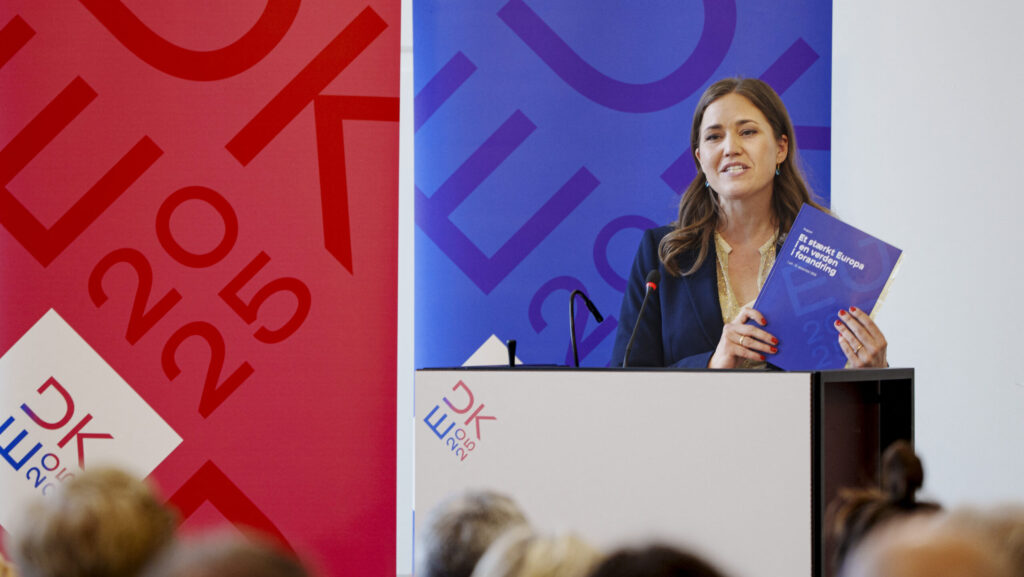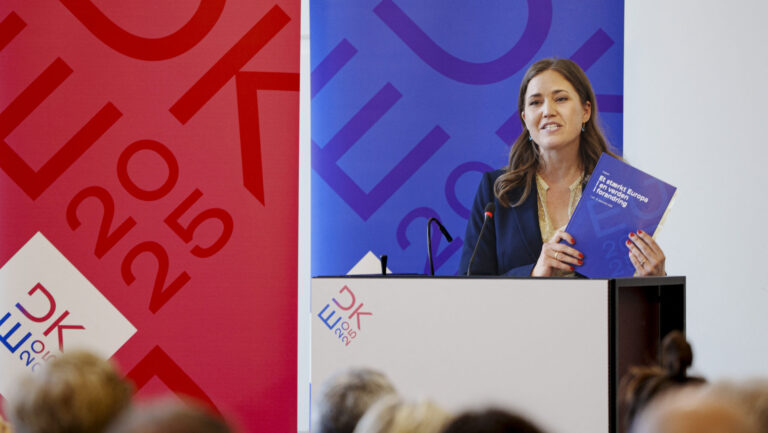Last year, a very uncertain environment did not bode well for the inclination towards childbearing and marriage, as revealed by the ‘Youth ‘23’ report issued by the Youth Research Institute for the first time, with the intention of establishing a tradition.
This comprehensive retrospective, which analyses the most crucial youth-related topics of the year 2023 with the involvement of experts, places particular emphasis on the issue of loneliness affecting the younger generation. According to the study, 15 per cent of young Hungarians frequently experience feelings of isolation, which is of concern as chronic loneliness not only has psychological ramifications but, in certain cases, also entails physical consequences. The report highlights that 41 per cent of young people in the Western Transdanubia region and 38 per cent of their counterparts in the southern Transdanubia region claim to feel lonely always or often. Furthermore, the study found that
friendships and social relationships have not fully recovered following the pandemic.
Among the most pressing issues faced by the youth are uncertainty, financial difficulties, a sense of purposelessness, and the absence of social circles.
However, the report does not solely delve into the past year but also formulates some expectations for 2024 regarding youth-related matters. In a roundtable discussion, Géza Sebestyén, head of the Economic Policy Center at MCC, highlighted the employment situation of young people, recalling that in 2001, the percentage of young individuals unable to secure employment in the labour market stood at 11.6 per cent. By 2009, this figure had surged to over thirty per cent, but by 2018–19, it had decreased to below nine per cent. However, due to the impact of the coronavirus pandemic, inflationary shock, and the energy crisis, this figure has significantly risen again. According to the latest data, it currently hovers around 14 per cent, still a relatively low figure in European terms, being half the rate observed in Spain, Slovakia, or Greece. Sebestyén also discussed how
high inflation, driven by wars and an energy crisis, had a greater impact on the lives of young people in 2023.
However, it is anticipated that 2024 will be somewhat easier, as the inflation rate, which stood at 25.7 per cent in January 2023, has been successfully reduced to 5.5 per cent by December.
For Hungarian youth beyond the borders, the Russian–Ukrainian war and its aftermath had the most significant impact last year, as the entire Hungarian community in Transcarpathia was endangered, pointed out Ferenc Sullivan, a researcher at the Youth Research Institute. He added that, amid these economic difficulties, educational support for Hungarian families abroad was substantially increased in 2023.
According to Péter Kovács, the President of the National Youth Council of Hungary, the Erasmus case profoundly shaped youth affairs in 2023, with nearly two hundred thousand Hungarian youngsters likely to be excluded from the EU’s most successful programme in 2024.
The Erasmus+ programme, in operation for over 35 years, is renowned for its focus on higher education mobility, with various other financing mechanisms emerging over the decades (such as establishing joint training programmes and operating platforms for sharing best practices). The expert also drew attention to the increasingly influential role of smart devices and artificial intelligence in today’s world, adding that we are on the brink of a technological revolution, and the regulation of AI applications is expected to take centre stage in 2024. The MCC report also scrutinizes the use of social media, revealing that ninety per cent of young people, aged 15 to 39, use various platforms daily, with Facebook remaining the most popular among them.
Related articles:
Sources: Hungarian Conservative/Youth Research Institute








